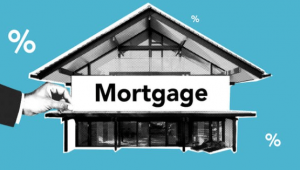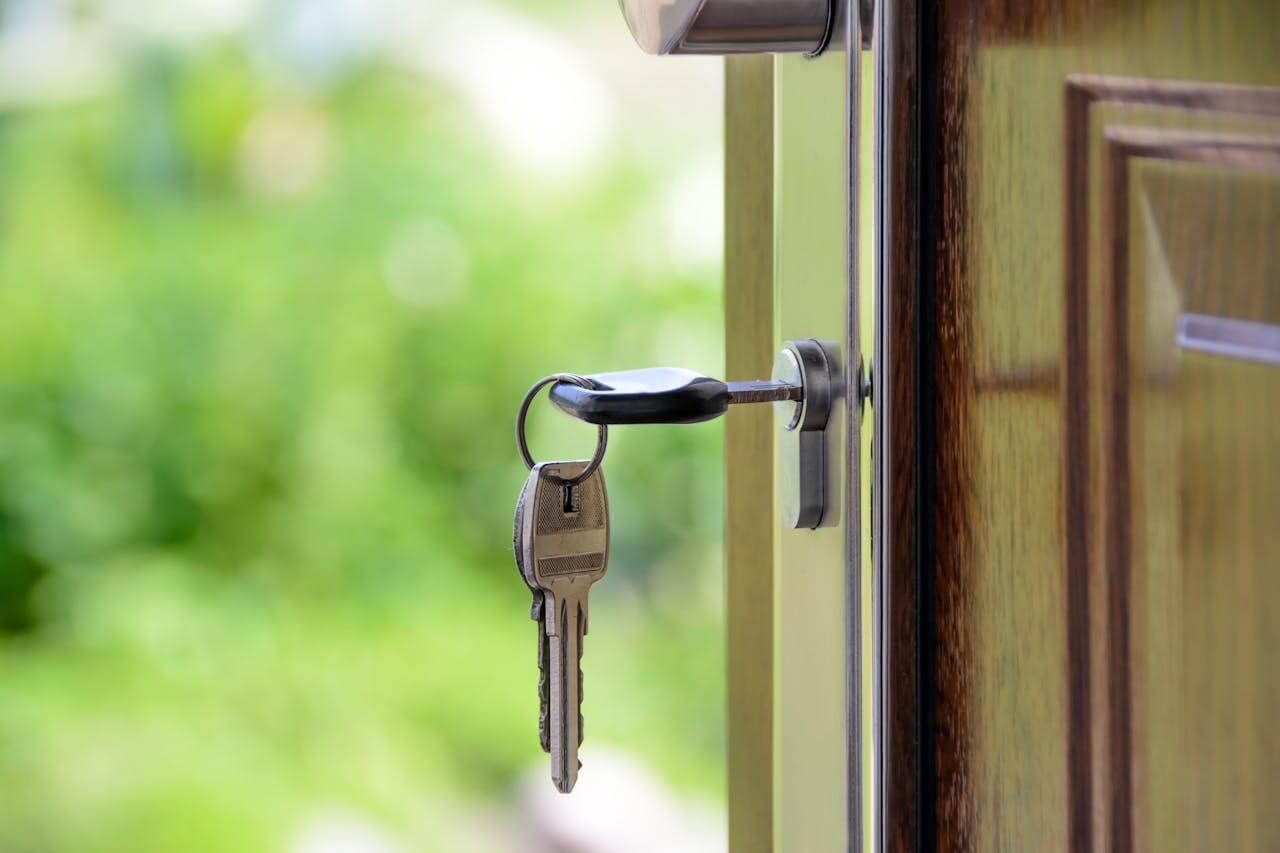
What is a Senior Stretch Loan?
A senior stretch loan can help you purchase a property …
If you fail to make repayments on your secured loan, your property will be at risk of being repossessed. Despite the threat of your property being taken away, lenders would prefer to find a tenable solution prior to this. Repossession of your home is therefore considered a last resort.
Before taking away your property, a lender will always attempt to contact you and request any outstanding payments on the loan. Lenders are collaborative and will work with you to allow you necessary time to make the loan repayment. It would always be a lender’s preferred mechanism rather than taking away your home.
Despite this, secured loans do not come without risk. By its nature, a secured loan has a valuable asset secured against it as collateral. In the event that loan payments cannot be made, the asset will be taken away and sold to recover money owed by the borrower. This risk is particularly acute when your home is secured against the property as failure to repay could result in your property being repossessed.
Whist it’s important to make sure you can repay any loan taken out, unexpected financial difficulties can occur. If this is the case and you’re finding it challenging to meet your loan obligations we’d suggest immediately contacting your loan provider to see if there are alternative options available that are more manageable.

Under the Consumer Credit Act of 1974, lenders are required to follow a specific procedure before repossessing your property. Given the secured loan is regulated by the Consumer Credit Act there is a three step process that will be followed in attempt to recover any missed payments before your property is repossessed and sold. The steps are as follows:
The first step of the process will result in the lender sending you a notice of arrears letter. The letter is sent if two monthly or four weekly contractual payments are missed. This letter will tell you how much you owe and where you can seek free debt counselling.
The second step of the process will result in the lender sending the borrower whose in arrears a default notice. The default notice is sent when no action is taken after the notice of arrears and you miss three to six mandatory payments. The default notice letter will inform the borrower that their account is on the verge of default and will specify a deadline for when repayments must be made. The letter will outline what will occur in the event that the payments outstanding are not made.
The third step of the process involves the borrower facing court action. If the borrower is still unable to make repayments a forced sale of the property may well occur. The proceeds from the property sale will then be used to pay the lender any outstanding balances.
If the sale of the house does not cover all outstanding payments owed, you are still liable for any remaining balances.
Get in contact with your loan provider as soon as you can. It’s possible they are able to present alternative repayment options that are more manageable for you.
It is important to understand your rights if a lending is demanding repayment. Under the rules of the Mortgage Conduct of Business (MCOB) all borrowers must be treated fairly and lenders must take into account any suggestions that borrowers make in dealing with payment issues.
Mortgage lender see repossessing your property as a last resort and will only do so if all reasonable efforts to settle that matter are unsuccessful

A senior stretch loan can help you purchase a property …

A mortgage offer officially lasts for 3-6 months depending on …

If you have purchased a car through a dealership using …